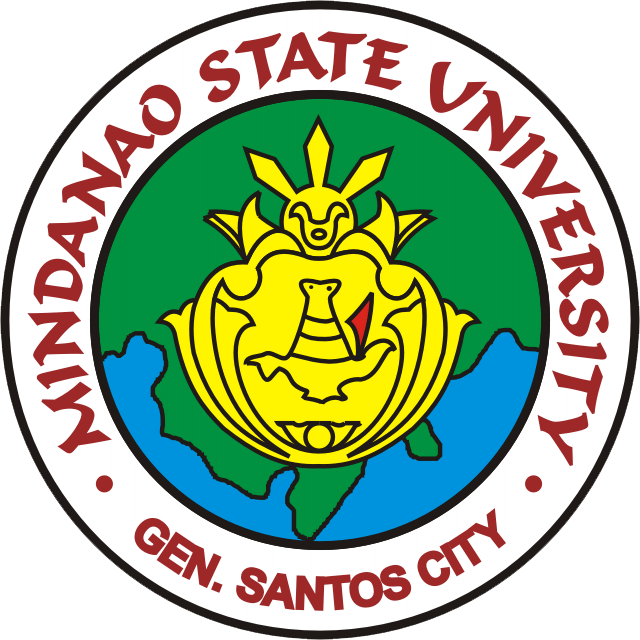Water plays an important role in today's concrete construction, but there are places where freshwater commonly used in concrete mixes is very limited. Therefore, unintentionally or intentionally people involved from the construction industry make use of seawater or river water as part of concrete mixing and curing.
This study aimed to investigate the effect of the seawater and river water in concrete mixing and curing. More specifically, it seeks to determine the possible use of this two types of water as an alternative to freshwater in concrete construction. Furthermore, it aimed to compare the effect using this three types of water in the workability and compressive strength of concrete.
Three (3) batches for each type of water used for mixing and each batch is further divided to 3 sub-batches for each type of water used in curing. These sub-batches are then replicated 3 Sines. A total of 27 cylindrical samples were casted and cured for 28 days. Samples cast and cured with freshwater served as control variable in this study. Workability of freshly concrete was performed using slump test to assess the consistency of concrete. Moreover, compressive strength was performed and analyses were done to obtain variability and significant differences. The result of slump test shows that the types of water used affect the workability of fresh concrete. On the other hand, result of compressive strength analyses indicates that there were no significant differences between any of the cylindrical samples and the control samples. With this, in terms of compressive strength, seawater and river water can be a substitute to freshwater and a viable option for concrete production.
